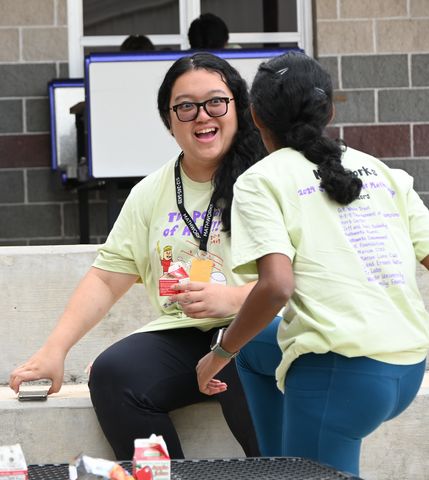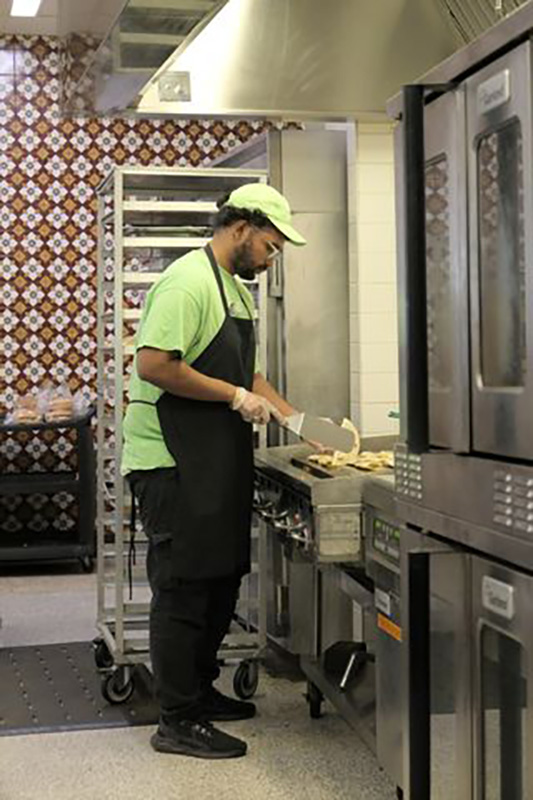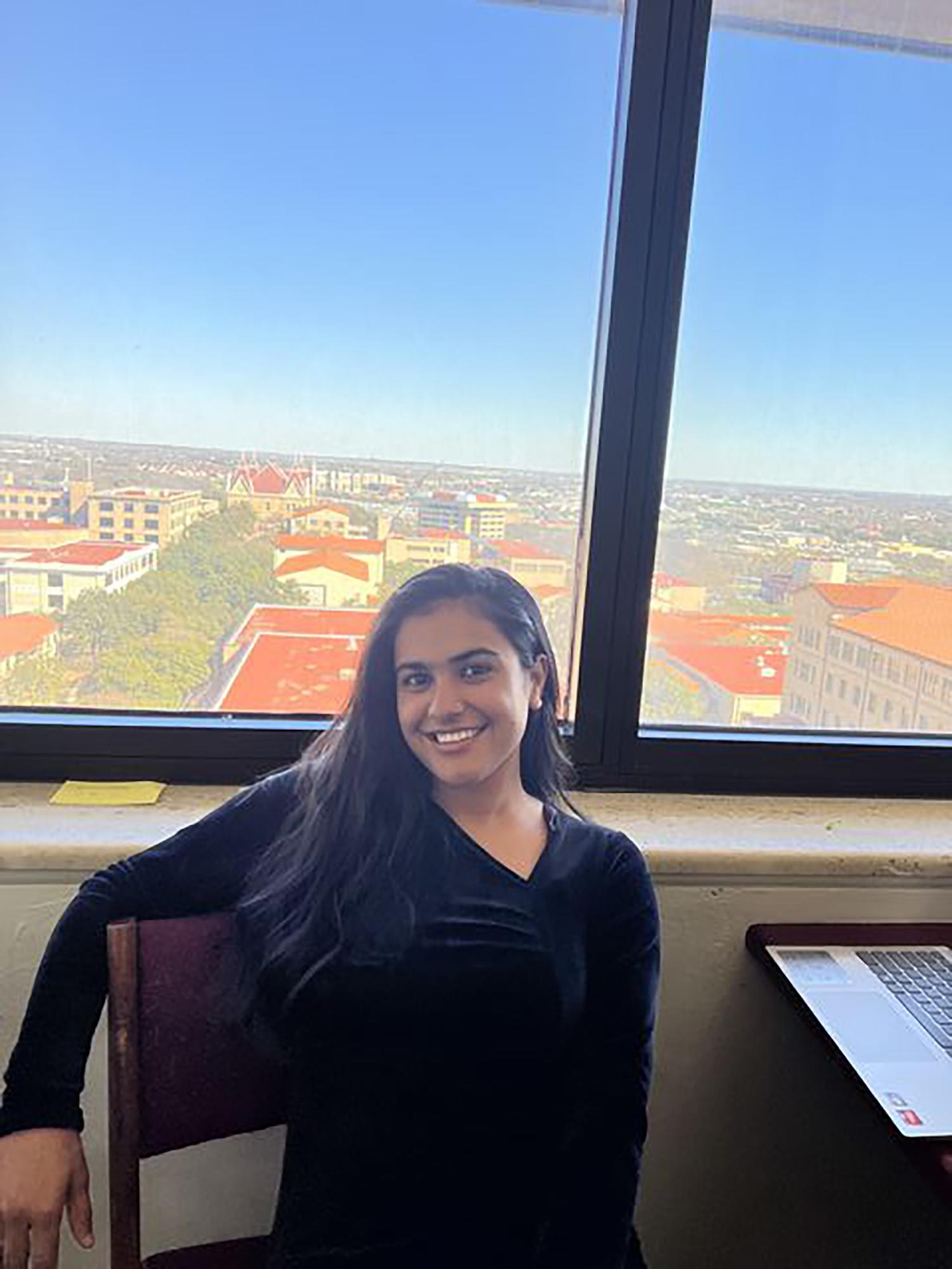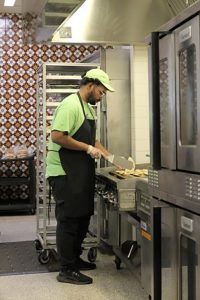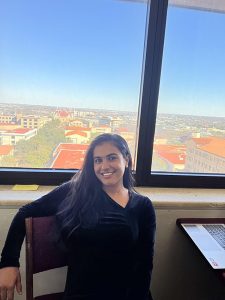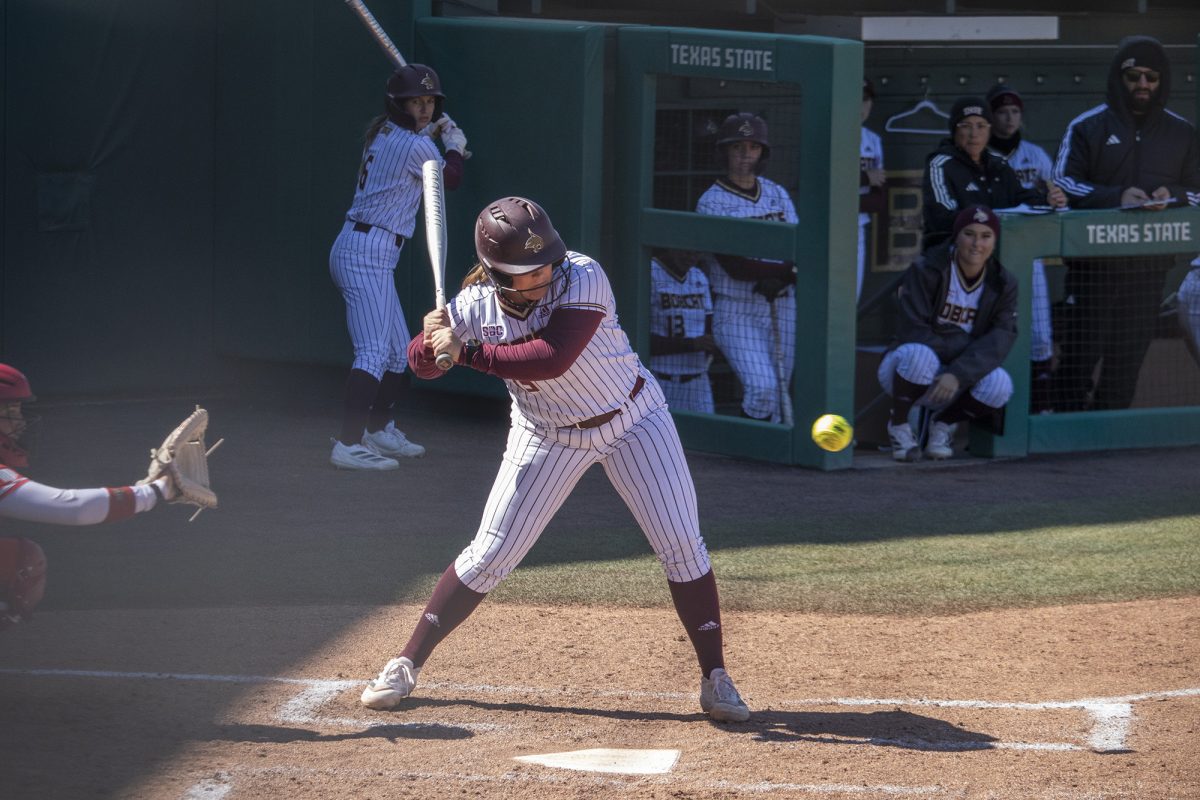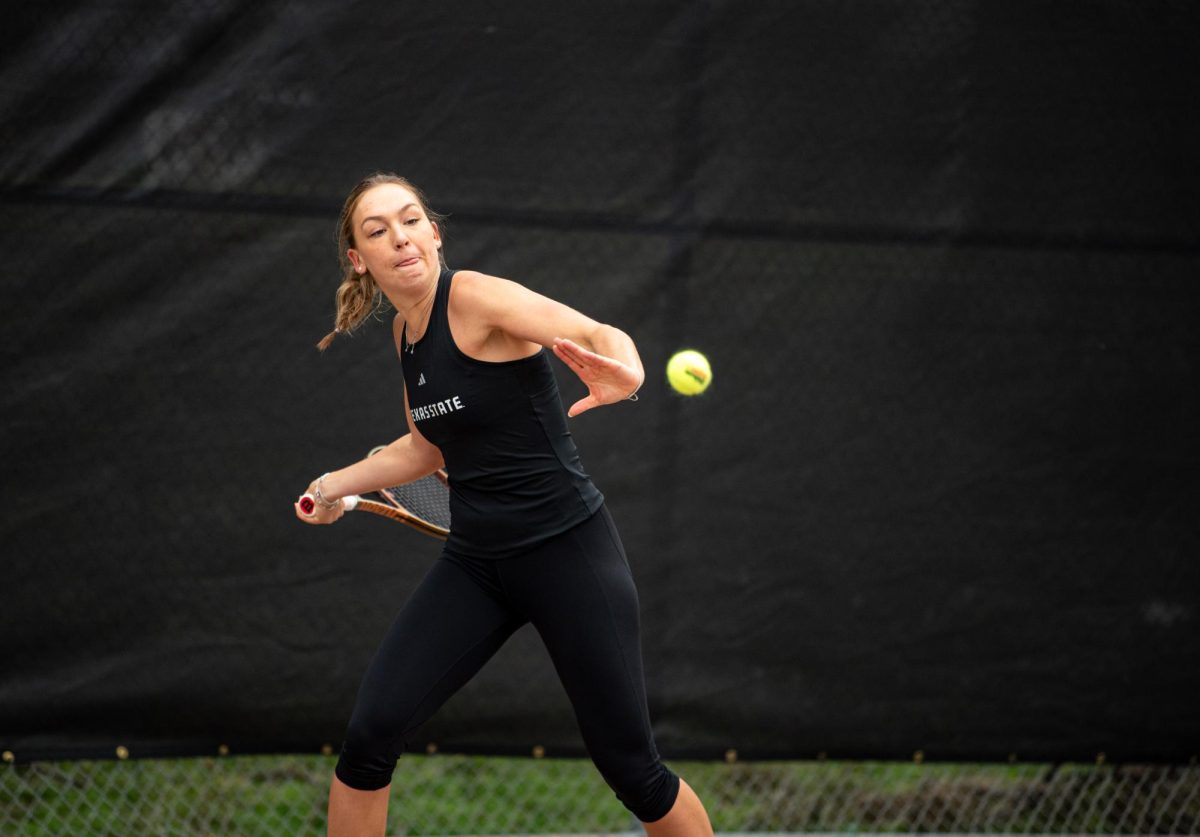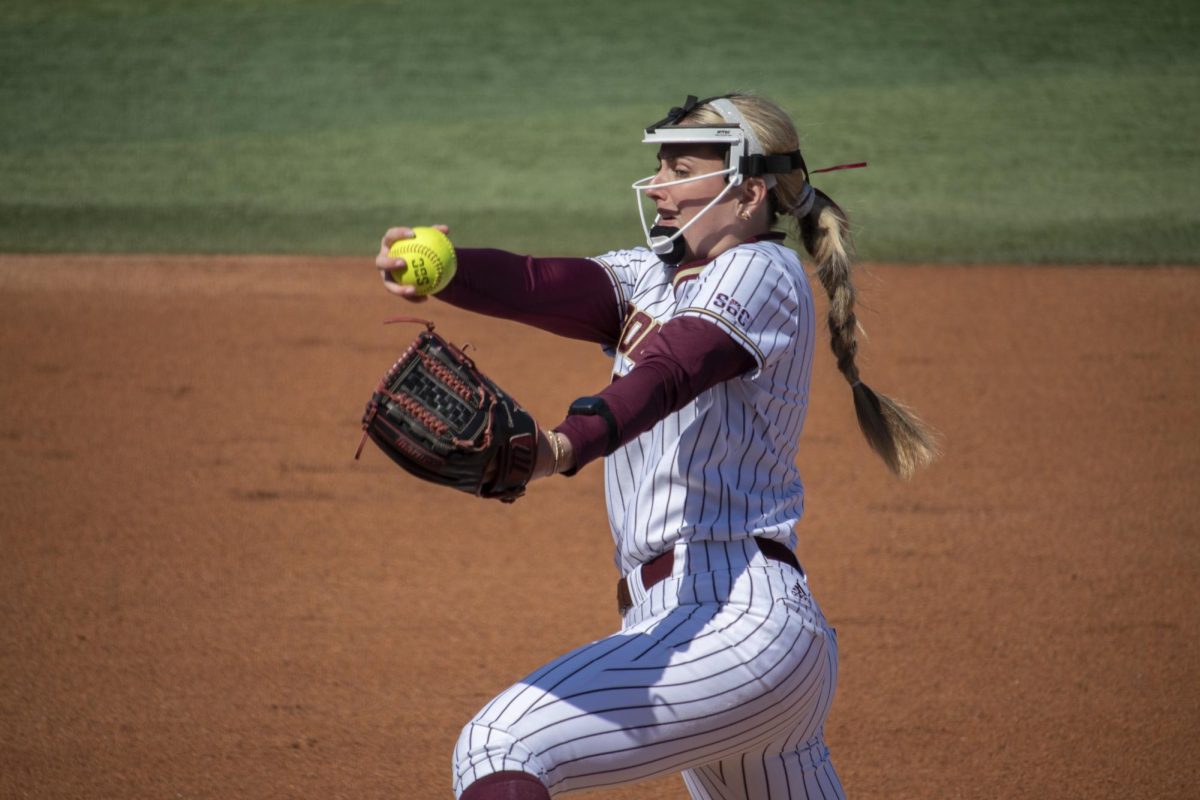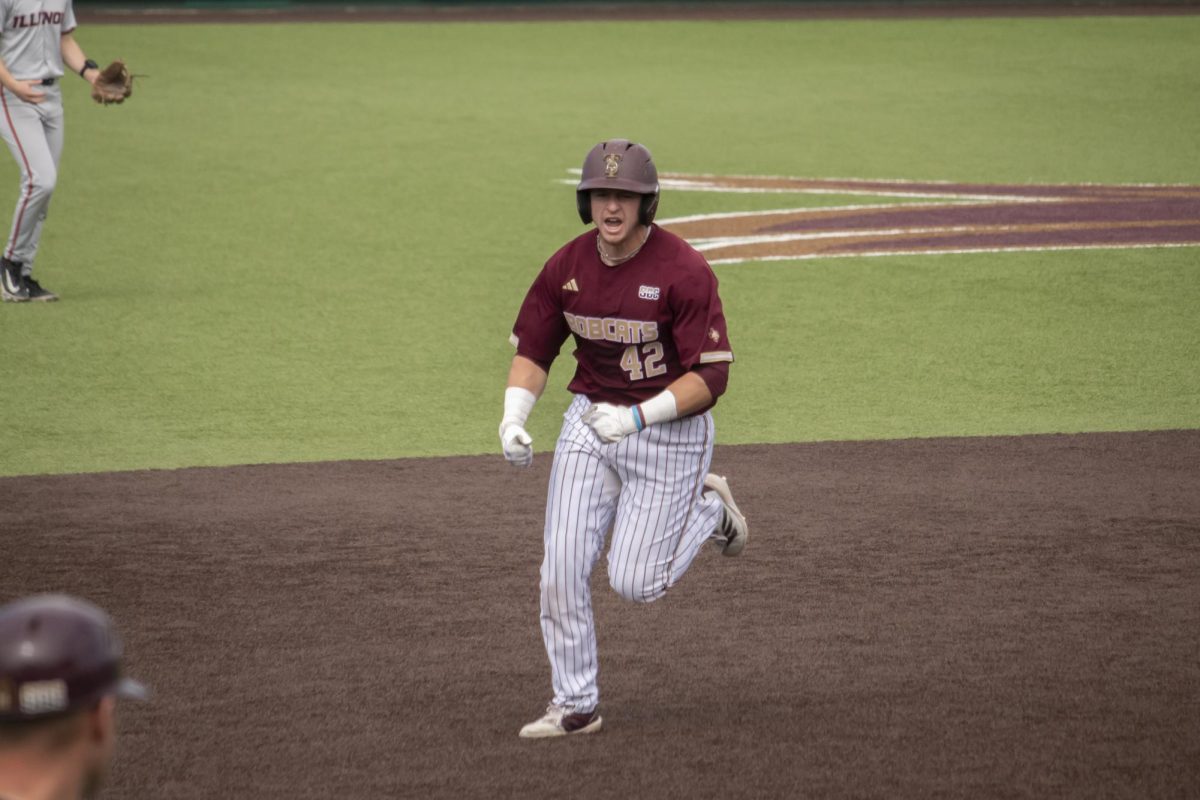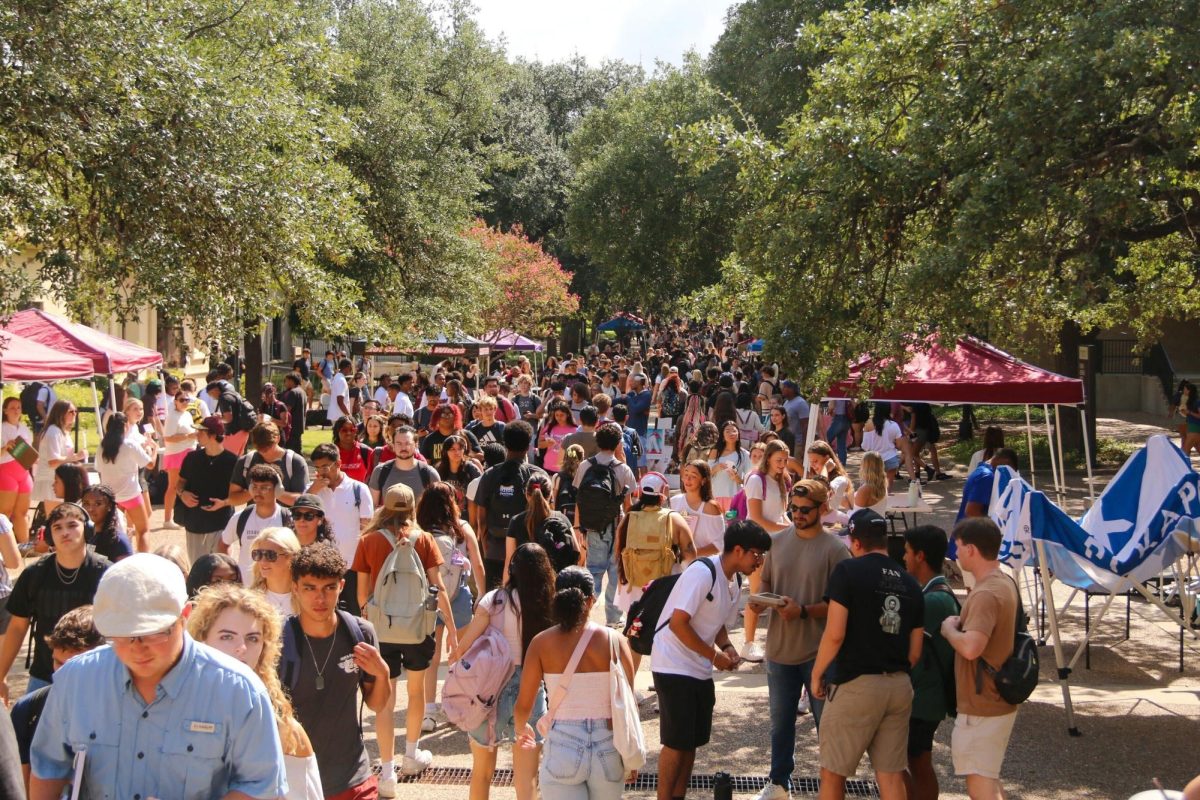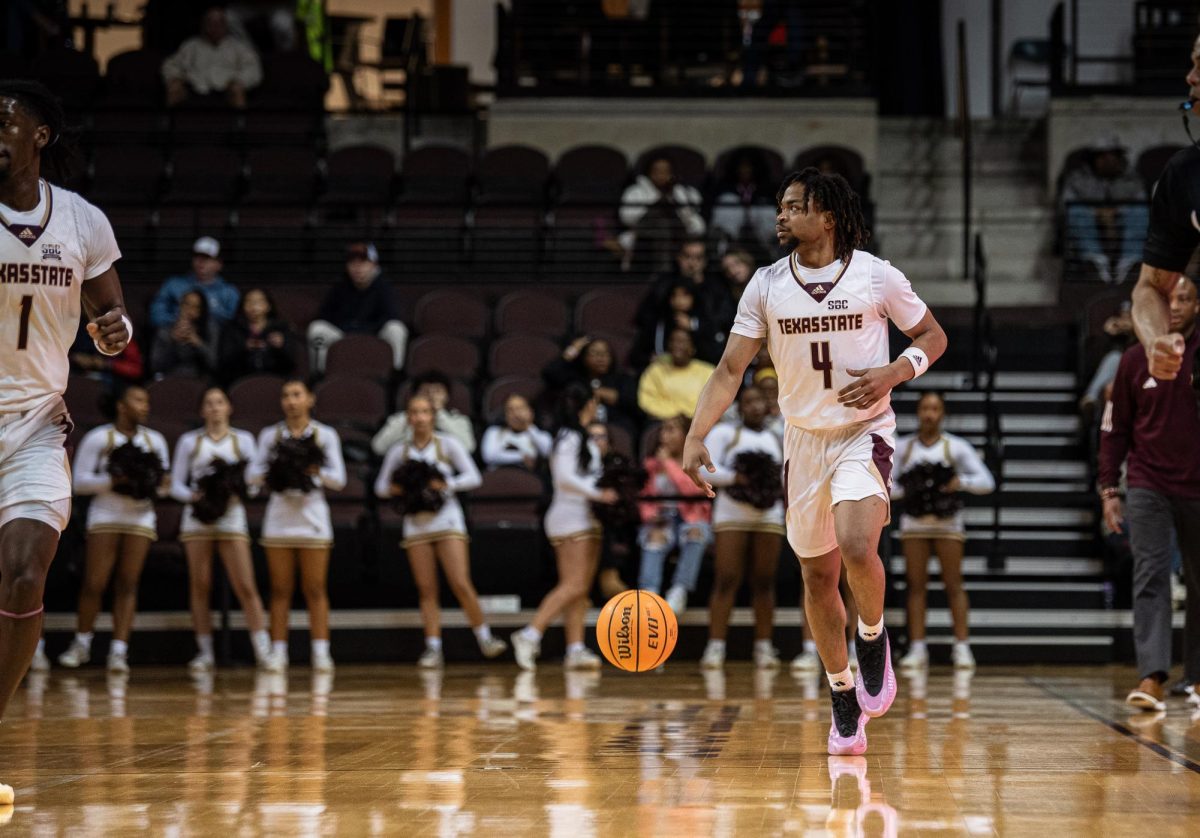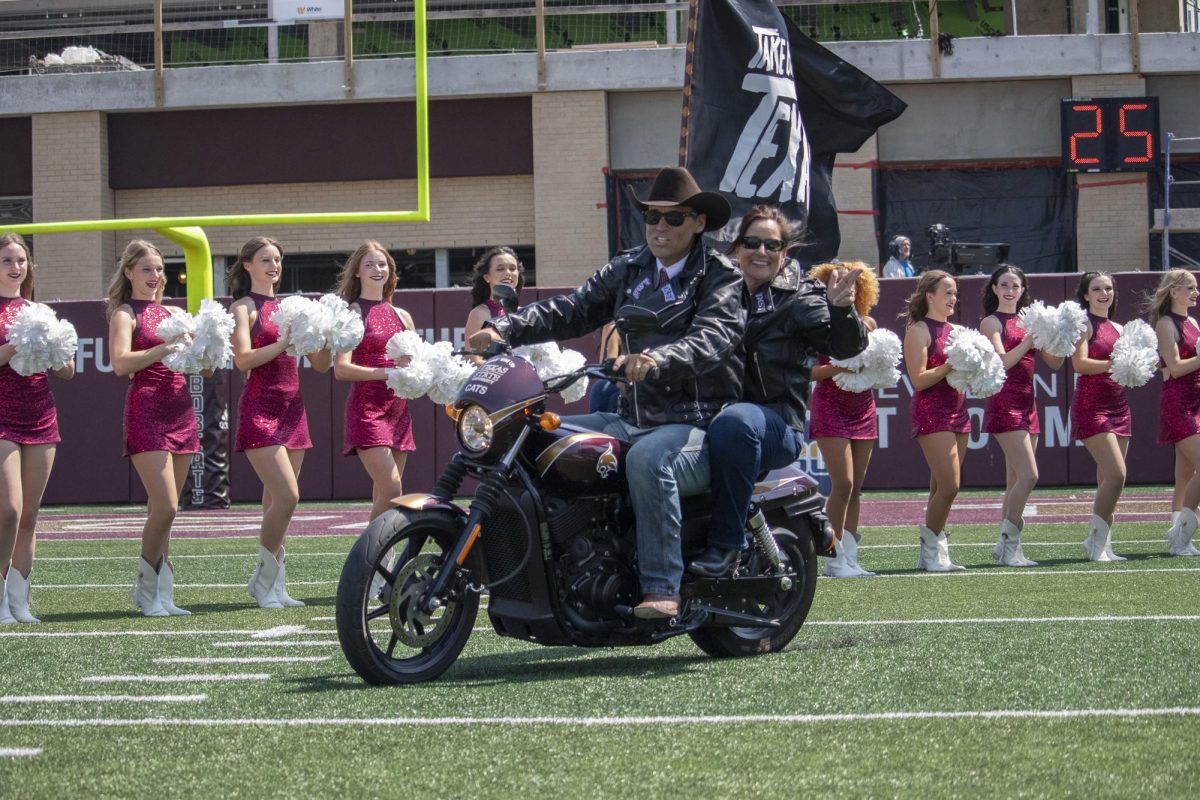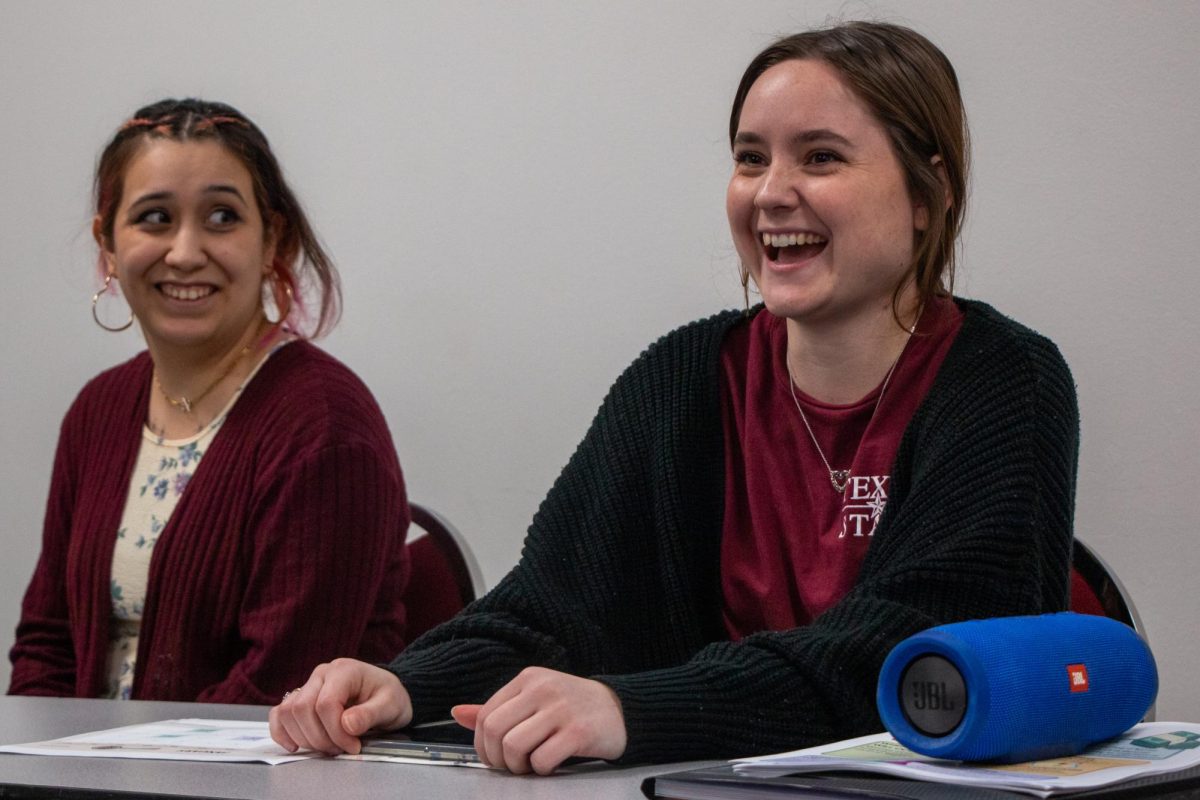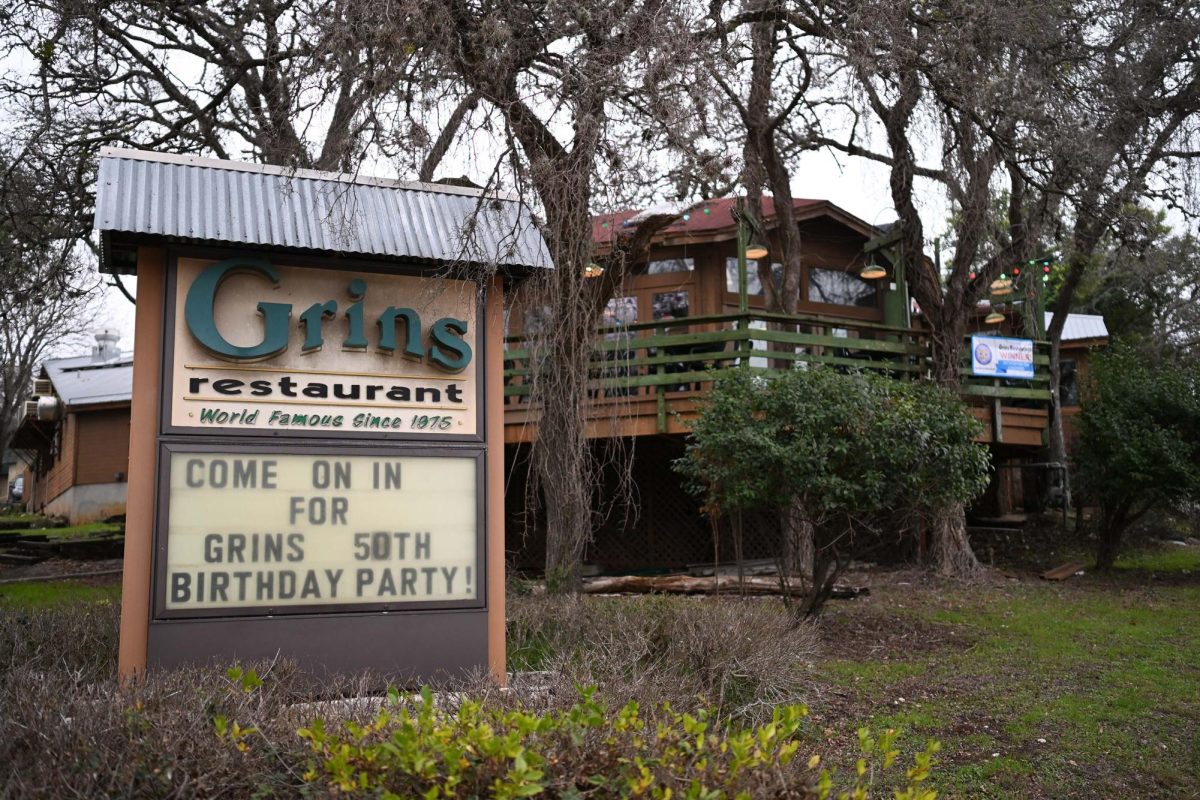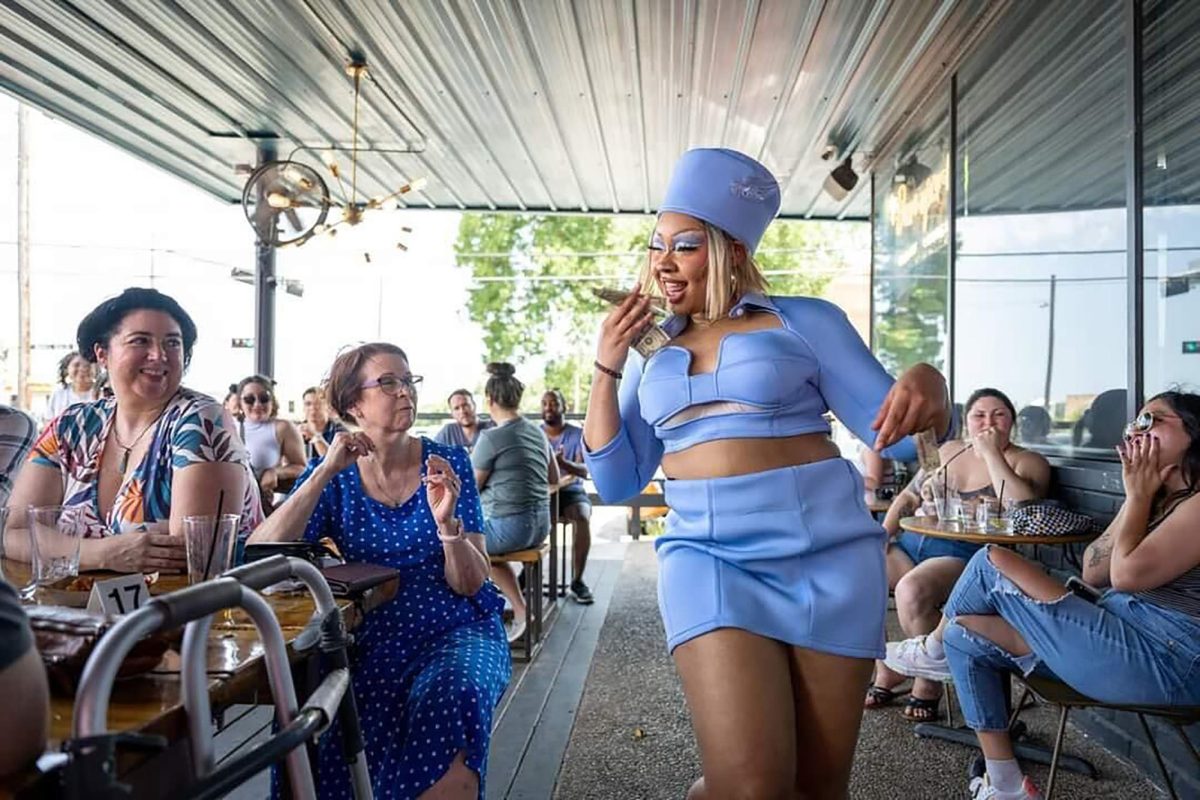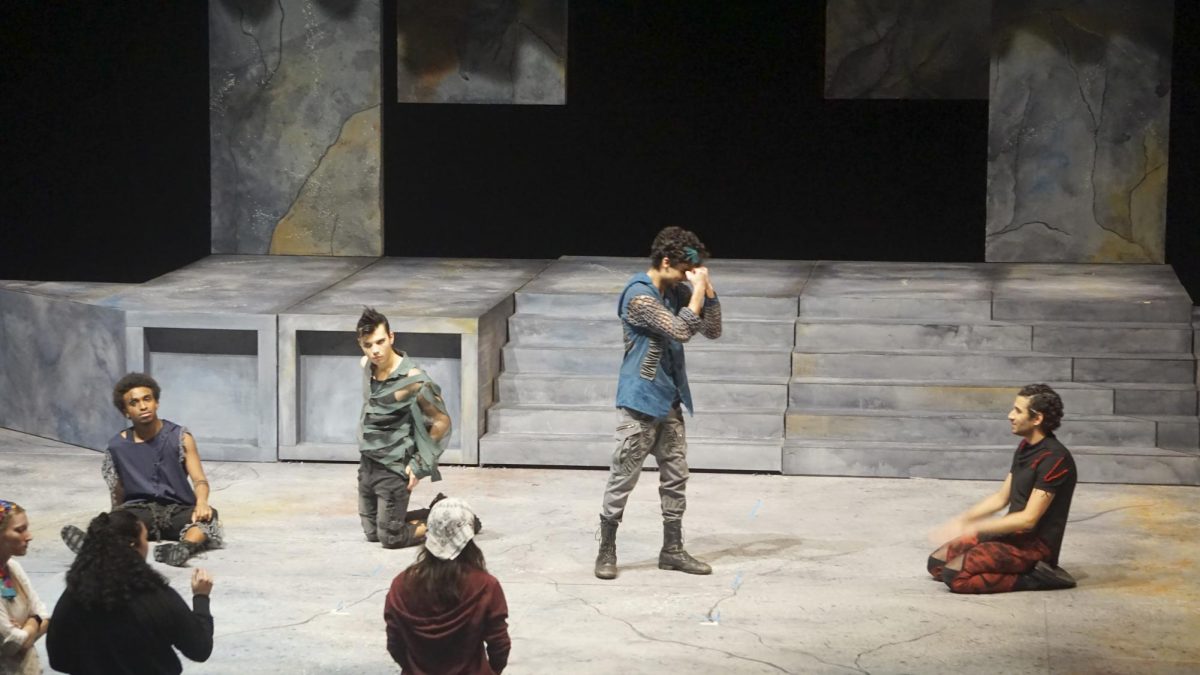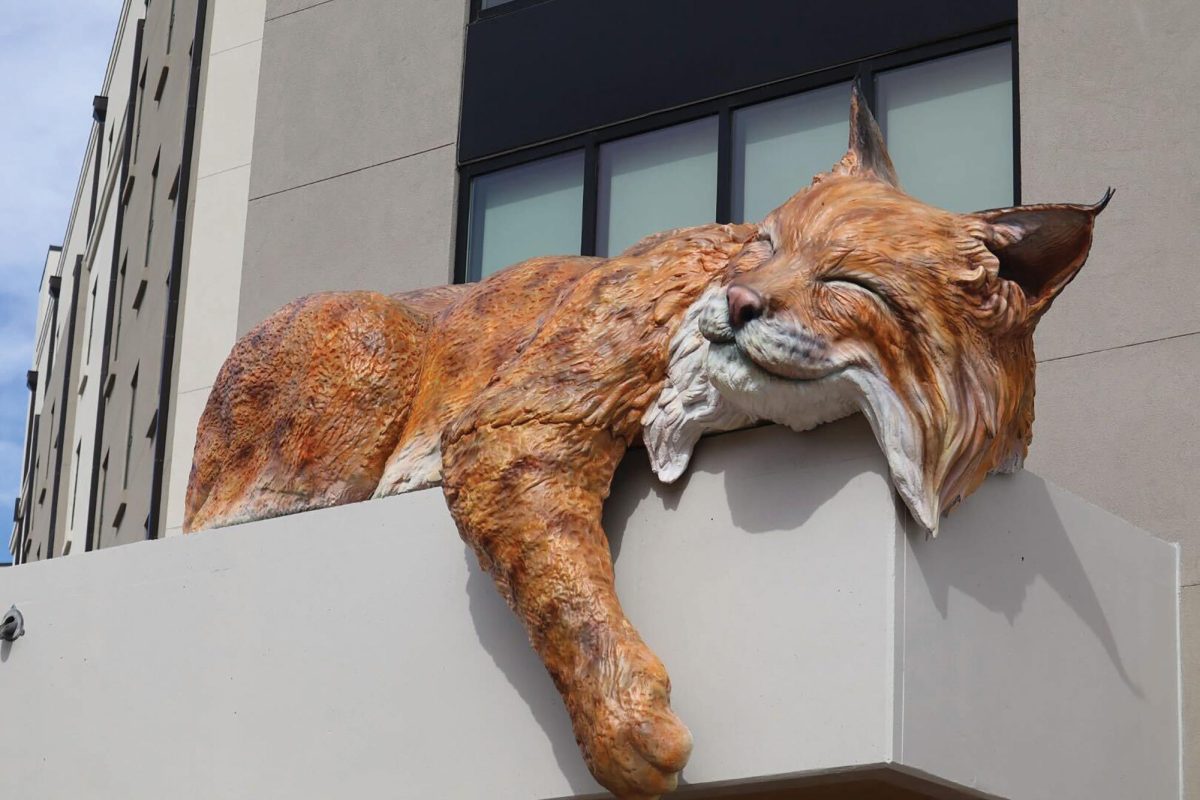It is an international student’s first flight. They enter the airport with luggage equal to their weight. They stare out the window, their view below blurred with tears and they silently promise their younger self to make the most out of this journey.
International students may come to Texas State with homesickness, linguistic and cultural barriers and pressure to excel academically and socially. Many of them may strive to gain maximum personal growth from their journeys in San Marcos with the help of Texas State’s resources.
Stephanie Tarigan, a mathematics education doctorate student, came to the U.S. in 2009 from Indonesia. She started her doctoral degree at Texas State in August 2022 and now balances her academic and social life at Texas State.
“I found a friendly community through Texas State since my early enrollment,” Tarigan said. “I’m connected to Every Nation Church under Texas State, and I feel less homesick due to their company.”
Tarigan made friends in the math department but does not know if there are any Indonesian students and feels disconnected from them. She said Texas State tries to help international students, but there is room for improvement.
“Although the university provides shuttles to university and Asian markets sometimes, it has always been a hassle for me to travel since I don’t have a car and Uber is super expensive,” Tarigan said. “Sometimes, I feel like I am stuck in this city — there is still so much Texas State could work on for international students.”
Madhan Mohan Madala, a data analytics and information systems graduate student from India, works at Jones Dining Hall as a part-time employee. He thinks dining halls in Texas State have given jobs to newcomers to the university more than other departments.
“I am happy to get a job in the summer at Jones Dining Hall since there are few opportunities on campus during summer for international students,” Madala said. “The university is better than I imagined in terms of the location, faculty, facilities and jobs. I am loving the work culture here as everybody is punctual and respectful.”
As a part of their general F-1 visa regulations, international students are permitted to work a maximum of 20 hours a week on campus by U.S. Homeland Security. Amy Mitchell, the Jones Dining Hall Retail Director, feels international students have undoubtedly contributed to running the dining hall.
“We didn’t have many people applying to our dining hall jobs, but we saw a flow of international students for jobs,” Mitchell said. “It was helpful for us, too.”
Ashmita Lamichane, an economics freshman, is a full-tuition merit scholarship recipient from Nepal. She values the opportunity Texas State gives to Asian students — especially those who belong to low-income families — to fulfill their dreams of acquiring an American degree. Through her experience, Lamichane advises incoming freshmen to be prepared to manage time for work, studies and sleep.
“Once I got an on-campus job in my freshman year, it was difficult for me to manage sleep and studies simultaneously, but there were various resources, cultural communities and lenient professors in the university that guided me to adopt college lifestyle,” Lamichane said.
Lamichane compares her hometown and San Marcos and wishes there was access to public buses as easily as Kathmandu. She feels international students have a hard time commuting to go to groceries and traveling.
“I want to say to overseas students that all of us are trying our best, so let’s be kind and be there for each other in need,” Lamichane said. “After all, when I meet people from my country, I remember home, I remember warmth.”


